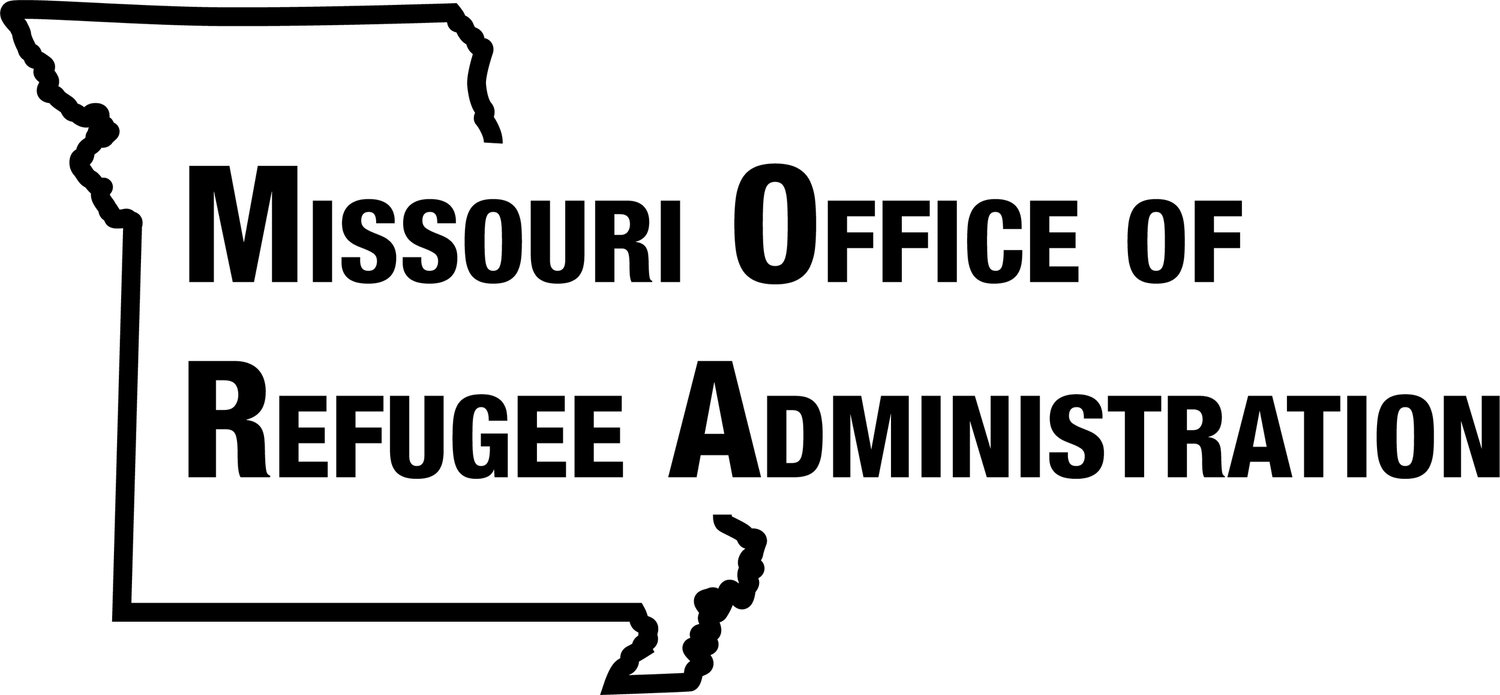New Emergency Preparedness Training
Dozens of partners across the Midwest worked together over the course of 2+ years to create an emergency preparedness training for refugee communities.
By Marisa Tesoro
On August 10, 2020, a weather complex known as a “derecho” sent intense winds and thunderstorms over a 700-mile stretch from Nebraska to Indiana.
Iowa, our neighbor to the north, was hit the hardest by this “inland hurricane.” Hundreds of thousands of people went without power for days. In Cedar Rapids, Fire Chief Greg Smith reported that nearly every home had damage and most of the roads were impassable.
For many refugee arrivals, this extremely severe weather event was also their first, which inspired Iowa state refugee officials to reach out to the Office of Refugee Resettlement (ORR) for guidance.
Eventually, over the next two years and thanks to the efforts of dozens of partners across the Midwest, the Emergency Preparedness Training for Resettled Refugee Communities (EPT/RRC) was born.
The goal of the EPT/RRC training: To prepare resettled refugee communities for adverse events and natural disasters that may occur by raising their overall awareness and connecting them to the local emergency management structures that exist within their communities.
This training was developed in collaboration by: The Federal Emergency Management Agency (FEMA) and U.S. Department of Health and Human Services, Administration for Children and Families, Office of Refugee Resettlement (HHS/ACF/ORR).
Michigan’s Department of Labor and Economic Opportunity was the first to execute a pilot version of this program.
Now, it’s Missouri’s turn.
There are currently four workshops, including:
Personal Preparedness
Assessing and Mitigating Risks
Community Strength and Resilience
Partnerships and Accessing Resources After an Event
The first three modules introduce new emergency-related vocabulary, resources, and strategies to prepare for emergencies. The final module invites connections to be made and conversations to be had between attendees and local organizations, recovery groups, and emergency management personnel.
The first step of this process is to train immigrant and refugee community leaders and build relationships between community leaders and emergency management personnel. Then, these leaders can prepare and empower their respective communities and serve as points of contact in and after emergencies.
Emre Sepici, MO-ORA’s Resource Coordinator based in Kansas City, Missouri, has been working with partners over the past couple of months to prepare Missouri’s first training session.
His goal for the training is to prevent people from dying in avoidable ways. Informing people of what to do when the power goes out or the tornado sirens are going off would be a basic opportunity to help people keep themselves safe.
The first daylong training session in Missouri is scheduled for Saturday, October 21 in Kansas City, Missouri, and the goal is to expand this program and train community leaders across the state.

